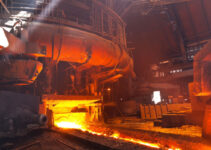Very few people today can argue that we are entering a new era, and space exploration should most certainly play a large part in it. Even though the benefits of space exploration are numerous, many sound the alarm about the potential hazard to the environment, along with the high risks to the explorers’ lives.
So, we have decided to take a good look at the drawbacks and benefits of space exploration to see which side wins.
Page Contents
What Are the Benefits of Space Exploration?
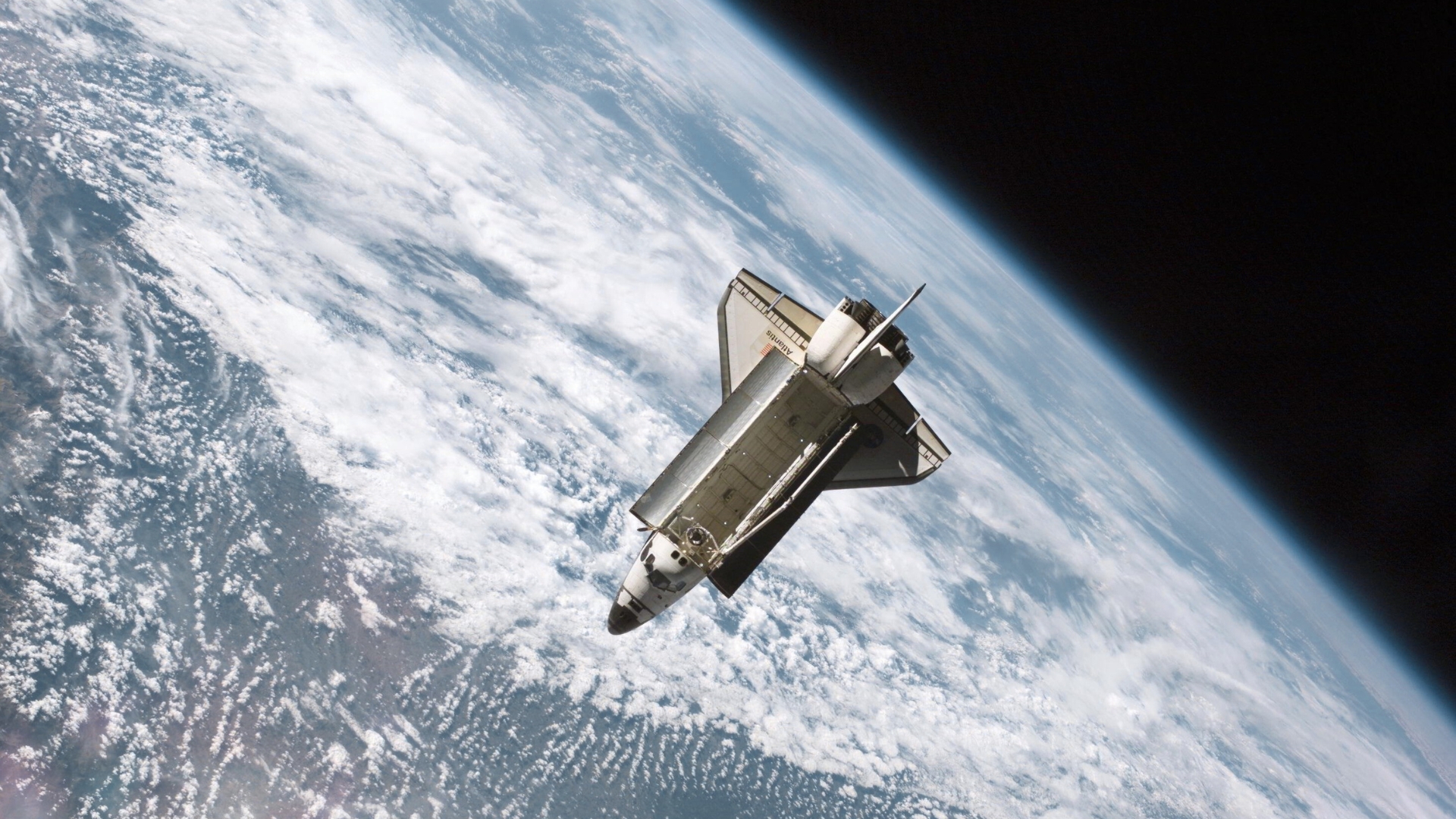
Space exploration embodies humanity’s relentless drive to push boundaries, seek knowledge, and shape a future beyond Earth
While space exploration enthusiasts worldwide speak about colonizing other planets to ensure our species’ survival in case of a major disaster, there are other, way more down-to-earth exploration benefits we should consider in the first place.
Medical Advances
Medical experiments onboard on the ISS have already helped us come up with actionable, effective treatments for many diseases, including cardiovascular disorders, diabetes, osteoporosis, and many others.
As often happens with space science and exploration, researchers start looking for something that would make life in microgravity possible; eventually, their insights find their way back to Earth.
Take the lack of sunlight in space and the resulting vitamin D deficiency as an example. Without space exploration, medics would not get valuable data on how vitamin D absorption is related to the patient’s weight — something that helps maintain health not on the ISS today but also at polar stations back on Earth.
Developing Technology and Science
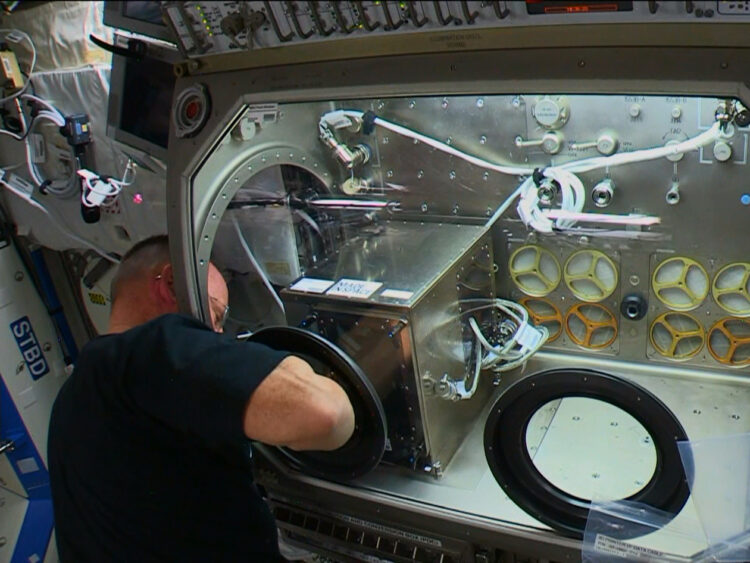
Source: space.com
Medicine is not the only example of an area that advances for astronauts’ sake but eventually comes back to us, ordinary people, back on Earth.
We take for granted plenty of tech items that directly result from space exploration — starting from such trivial things as vacuum-sealed food, and cordless tools to fireproof materials firefighters wear at work.
And this is only the beginning because now space exploration science heavily relies on 3D printing — something we also use back on Earth.
Social and Economic Perks
Space exploration may not be the niche with most employment openings (not now, at least), but further exploration does create lots of highly qualified job opportunities.
For example, UK space magazine Orbital Today reports that spaceport construction in rural Scotland has already created hundreds of new jobs in a previously economically declining region.
Besides, this sector keeps growing steadily — not only in the UK but worldwide. Soon enough, we will be able to offer more qualified exploration jobs to the steadily increasing population of our planet.
What Are the Drawbacks of Space Exploration?
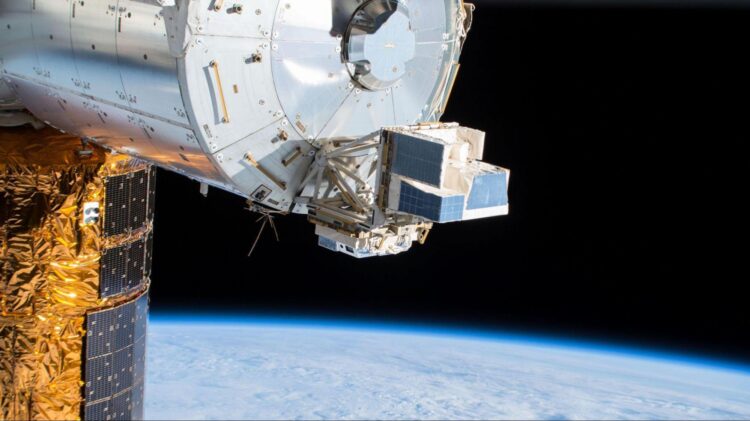
Source: nasa.gov
Of course, for every plus there is a minus. Space exploration is not an exception, and right now, its most obvious drawbacks include:
Environmental Risks
Even though many EOS satellites are used specifically for monitoring (and potentially finding solutions) for the growing climate change problem, rocket launches to deploy those satellites into calculated orbits pose challenges for the environment — that’s some irony for you. And even though plenty of companies are already working on less toxic rocket fuels, this space exploration issue remains a major challenge.
Next, there is a pressing problem of space debris accumulating in our planet’s orbit — spent satellites and their component parts are starting to take over natural space debris like rocks and dust. If we want our space exploration efforts to continue, we will have to remove this artificial debris before Low Earth orbit becomes impassable. Steps are already taken in this direction, but once again — there is no universal solution as of yet.
In this article, you can read why we need satellites if you find it interesting.
High Budgets That Could Have Gone Elsewhere
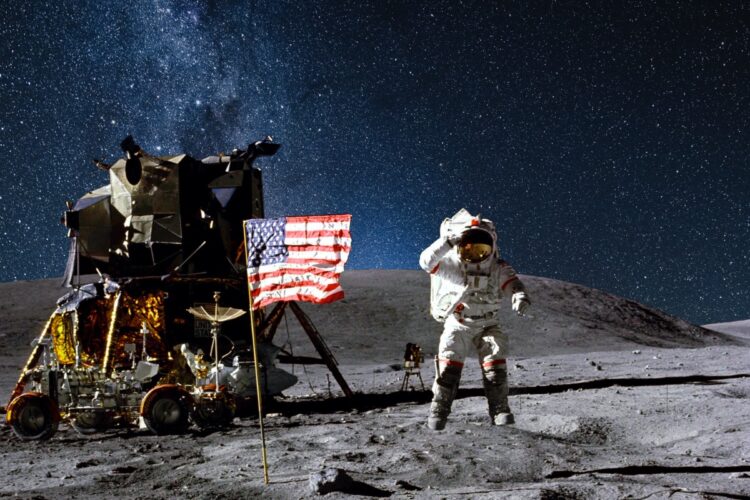
Source: blog.kinetrika.com
One of the primary reasons why NASA curtailed the famous Apollo program was its enormously high cost and low scientific benefit. Today, things have changed, and space exploration tech has become significantly cheaper while bringing more tangible scientific benefits than ever before.
Still, it remains a pricey endeavour, and many governments are unwilling to spend billions of dollars on space exploration — particularly as plenty of taxpayers resent it and highlight more pressing needs back on Earth. On the other hand, taxpayers do not get a vote on how private companies spend their money, and many large enterprises choose to invest in space exploration.
With all of this in mind, there is still no conclusive answer as to whether space exploration benefits outweigh its drawbacks. Here, only time can tell, so perhaps a more pressing question should be — how will space exploration help us in the future?
Space science has already played its part in moving our medicine forward, and technology is developing at an unprecedented pace. And while many argue that space was not meant for humans, neither were the deep seas. And yet, we’ve learned to navigate and traverse them centuries ago — also, at a high cost to the lives of the first explorers.
From this angle, it looks like exploration is simply in our nature, and there is no stopping humans from going to deeper space and, perhaps one day, beyond.
The real question, then, is not whether we should explore space — but whether we are ready for what we might find out there.




